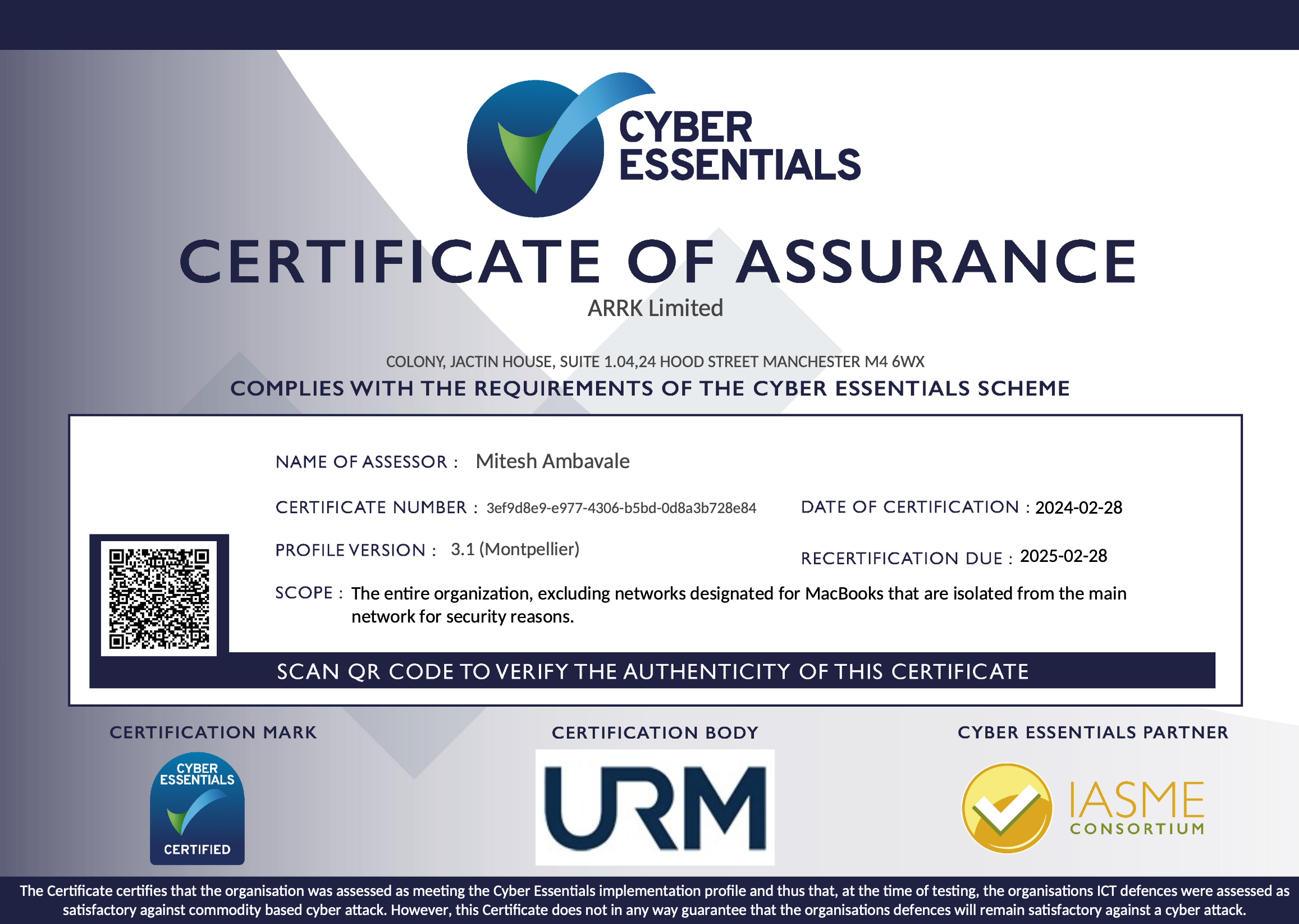Tips on Remaining Productive During Testing Schedule Lulls
By Team Arrk |
|
3 mins read |

Inevitably there comes a time in any testing cycle when some team members and even whole teams experience a slackening off of their workload. This can happen when testers are awaiting the project to start or when development is delayed on a project impacting start of testing or a bug-laden release needs development team’s remedial attention and so on.
Being able to successfully tackle these times of ‘waiting for work’ from a management perspective is an important aspect of an IT development organisation Rather than looking at it in a negative light, there are plenty of activities to sharpen skills, consolidate learning and yes, even recharge some batteries. Therefore, we give you eight pointers to help beat the testing downtime blues:
- Take a break: Any employee that has had a heavy and prolonged work schedule can become mentally and/or physically fatigued. Having quieter periods of work or just taking a well-deserved absence from work should actually be the part of a natural cadence; helping to mitigate burnout, recharge batteries and improve readiness for the next period of intensive testing.
- Introspect: The time between projects can be used by the testing team to look at ways and means of becoming more effective and efficient. Ask the team not just collectively but also as individuals, how can current testing scripts be optimised? Are there new ways to automate testing? How can some of the good practices of testing be implemented within other projects or across the organisation?
- Share and learn: Sharing knowledge is always a positive thing but when everyone is working at 100% sometimes this can fall by the wayside, so during a lull in a project make the sharing and transfer of knowledge a priority. Not only can it be extremely helpful for new and inexperienced testers, but it can also provide a big shot in the arm for their more experienced colleagues. Collaboration not only fills gaps in knowledge but binds the team as well. It also plays a key role in addressing any succession planning concerns.
- Paired learning: Branch out and observe. For organisations that have multiple teams working in parallel, a great idea is to observe these other test teams at work. As with point three, sharing of knowledge should be encouraged but it also helps build positive inter-team relationships and makes for a stronger test unit and ultimately organisation.
- Soft focus: Improve soft skills by focusing on areas of individual improvements, perhaps not directly related to technical skills but in other areas of personal and professional development, such as but not limited to, negotiation skills, language skills or even assertiveness skills. Anything that improves one’s cognitive skills will be a worthy investment for the future.
- Get technical: Venture into or boost advanced learning by brushing up on directly related software testing skills. Deep dive into the world of Ruby, Python, or JavaScript to harness automation beyond known tools. Work on learning more advanced elements of common programs, such as Microsoft Excel or database scripting. It goes without saying that learning new skills which directly impact on the day job will positively impact the tester’s competence quite significantly.
- Blog it!: Get creative and rave about what you do. Your testing team(s) has lots of great skills and experience, now is the time to promote them! In conjunction with Marketing why not blog about your testing experience, either on the company website, across social media channels on even your personal online real estate. Not only is this content unique, valuable and very worthwhile (because it’s practical advice coming straight from the heart. Someone somewhere will thank you even if silently!) but it also should instil pride and a sense of achievement for the bloggers, even during a ‘slack’ period.
- Get heard: Or take it a step further than just blogging, perhaps the world needs to hear your voice on the subject. Again in conjunction with Marketing, perhaps look for relevant external events to speak about a particular subject. Alternatively, a company hosted webinar could become a beneficial outlet for disseminating expertise on a particular subject.
So there you have it, eight great ideas to focus individuals and teams during a period of testing quiet time. For the tester the downtime is and must be construed as essentially a period of consolidation and rejuvenation with learning being its central core.








